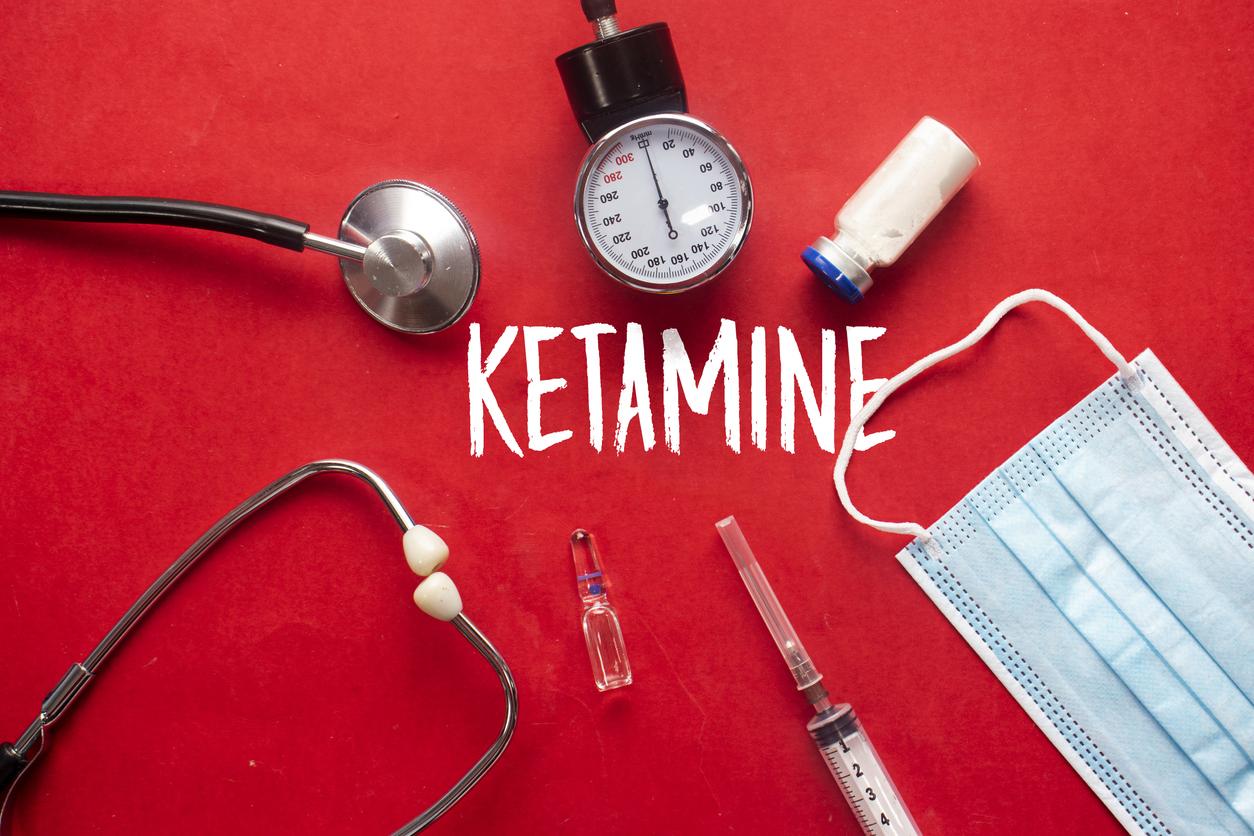Ketamine is an illicit substance, used as a veterinary anesthetic. But, according to a new study, its intravenous administration has resulted in “rapid and lasting remission of depressive symptoms” in humans.

A new study, relayed by Santé Log, has just demonstrated that ketamine has a rapid, even immediate, effect against depressive symptoms. Ketamine is an illicit substance for humans, used as a veterinary anesthetic.
This new research from the University of Illinois at Chicago has shown that two-thirds of participants who did not respond to traditional antidepressants experience rapid and lasting remission of their depressive symptoms after receiving ketamine (intravenously). . In addition, the effects of ketamine lasted for about a week on the members of the cohort.
G proteins
Antidepressants take weeks to act on depressive symptoms, which, in severe depression, leaves an important time frame for the patient’s suicide attempts.
Mark Rasenick, professor of physiology and psychiatry at the University of Illinois, explains that under the effect of ketamine, G proteins, the accumulation of which in the brain is in part responsible for the development of depressive symptoms, are destroyed much faster than under the effect of conventional antidepressants.
For 57% of French people, depression also leaves significant consequences, which reduce abilities. Thus, the French believe that a person who has suffered from a depressive episode is at risk of being psychologically fragile (78%), of experiencing new depressive episodes (74%) and of requiring greater attention (73%).
Pathological episode
“However, depression is not the cause of a lasting handicap, it is a pathological episode and not an intrinsic state of the person. Like a broken leg, a depression is a fracture in existence, with its care and its temporality. As after a leg fracture, beyond a period of consolidation there is no reason to consider that a fragility persists “, analyzes Raphaël Gaillard, psychiatrist at Sainte-Anne hospital.
Depression is a disease that affects all ages, from childhood until very late in life. In 2010, 7.5% of 15-85 year olds would have experienced a depressive episode, with a prevalence twice as high in women than in men (source: National Institute for Prevention and Health Education). The prevalence of depressive disorders is estimated between 2.1 to 3.4% in children and 14% in adolescents.

.

















